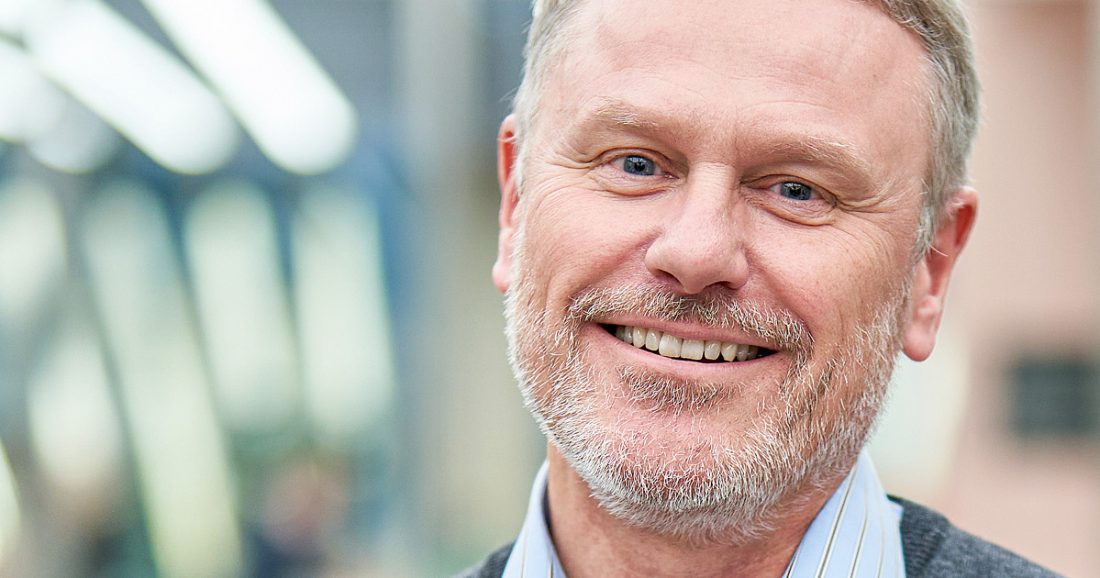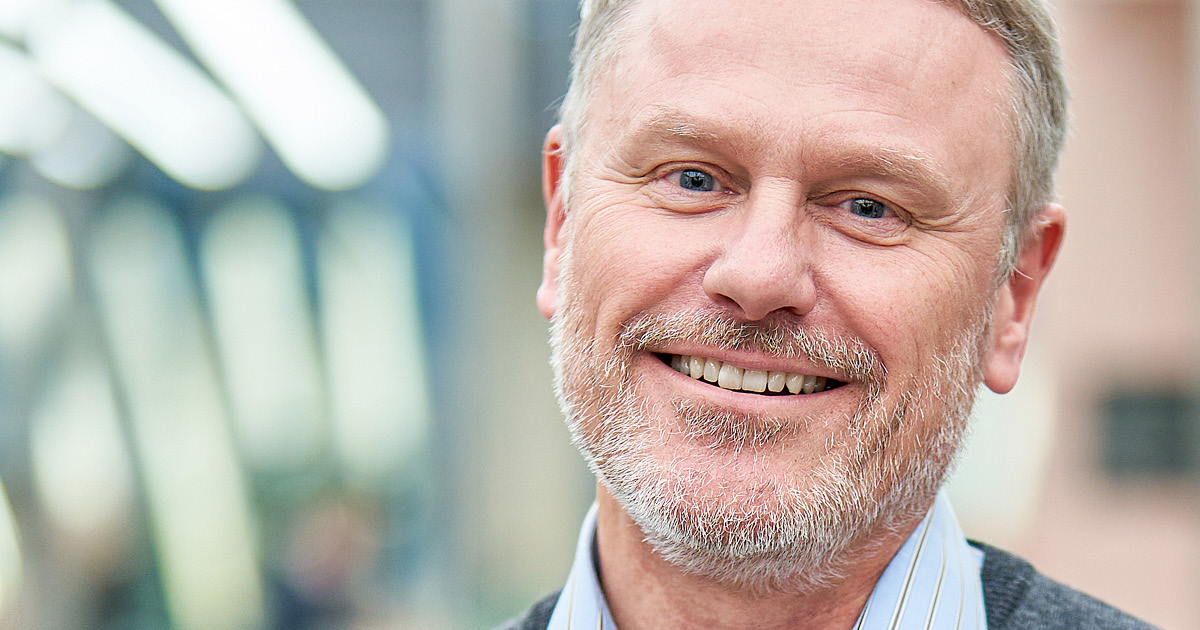Few industries are as intense to work in as the offshore sector. Long days of up to 12 hours combined with extreme weather conditions make this industry a difficult choice for any job seeker. For Bernhard Bruggaier, Group Chief Executive of Acteon, the marine energy and infrastructure services company, working in the industry can be considered a calling.
“If you have ever worked in the offshore industry, you don’t want to work anywhere else. For me, that definitely applies,” he tells The CEO Magazine.
In collaboration with
Montrose Port Authority

An engineer by background, Bruggaier found immense value in the life skills and experience gained from working remotely offshore on a vessel.
“You develop this can-do attitude,” he reveals. “People in the industry are very solutions-focused, are hugely independent and they take decisions on a fact-based basis. This is a group of people who want to do everything they can.”
Working on all continents, Acteon was established in 1989 with just a few founders and a service portfolio that generated a few million dollars of annual turnover.
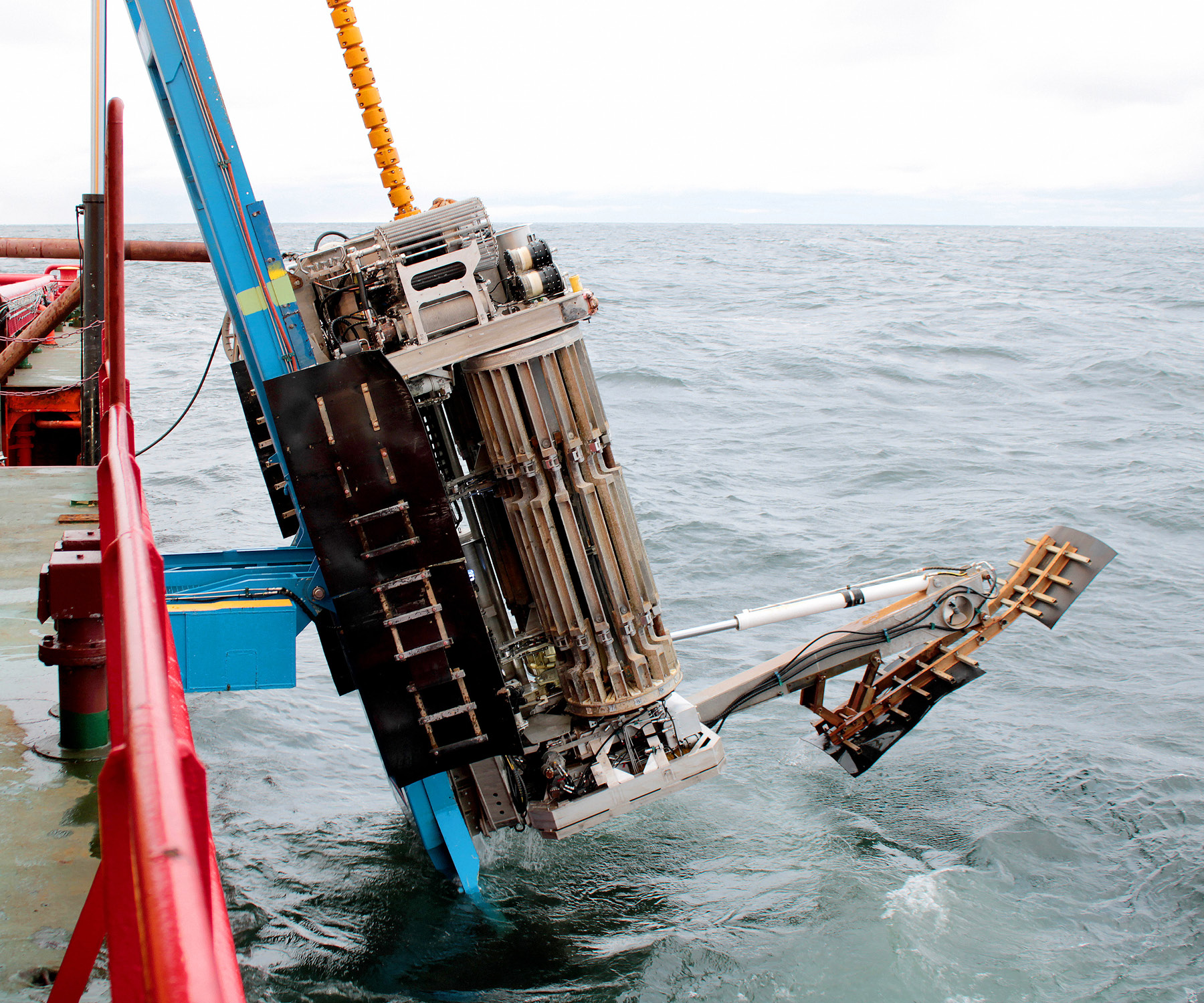
“As long as there is water, you will typically find us.”
Today, the business is turning over US$677 million per year. “As long as there is water, you will typically find us, which is really important for me,” he says. “I don’t want to be sitting in a small country, just selling bits and pieces. I want the globe as my environment.”
Strength in People
Unlike other businesses in the offshore industry, Acteon does not own heavy assets. Instead, the firm is a full-service company that works for offshore developers and operators, providing all the accompanying services that these businesses need.
“Our strength is our people and our engineering,” he explains.
With a focus on developing people who can provide high-quality services, Bruggaier explains how the firm does the hard work in terms of heavy lifting for its clients.
“We’re working in the water column, so if you look at the seafloor at the bottom and the surface at the top, anything that happens in between, that’s our area,” he says.
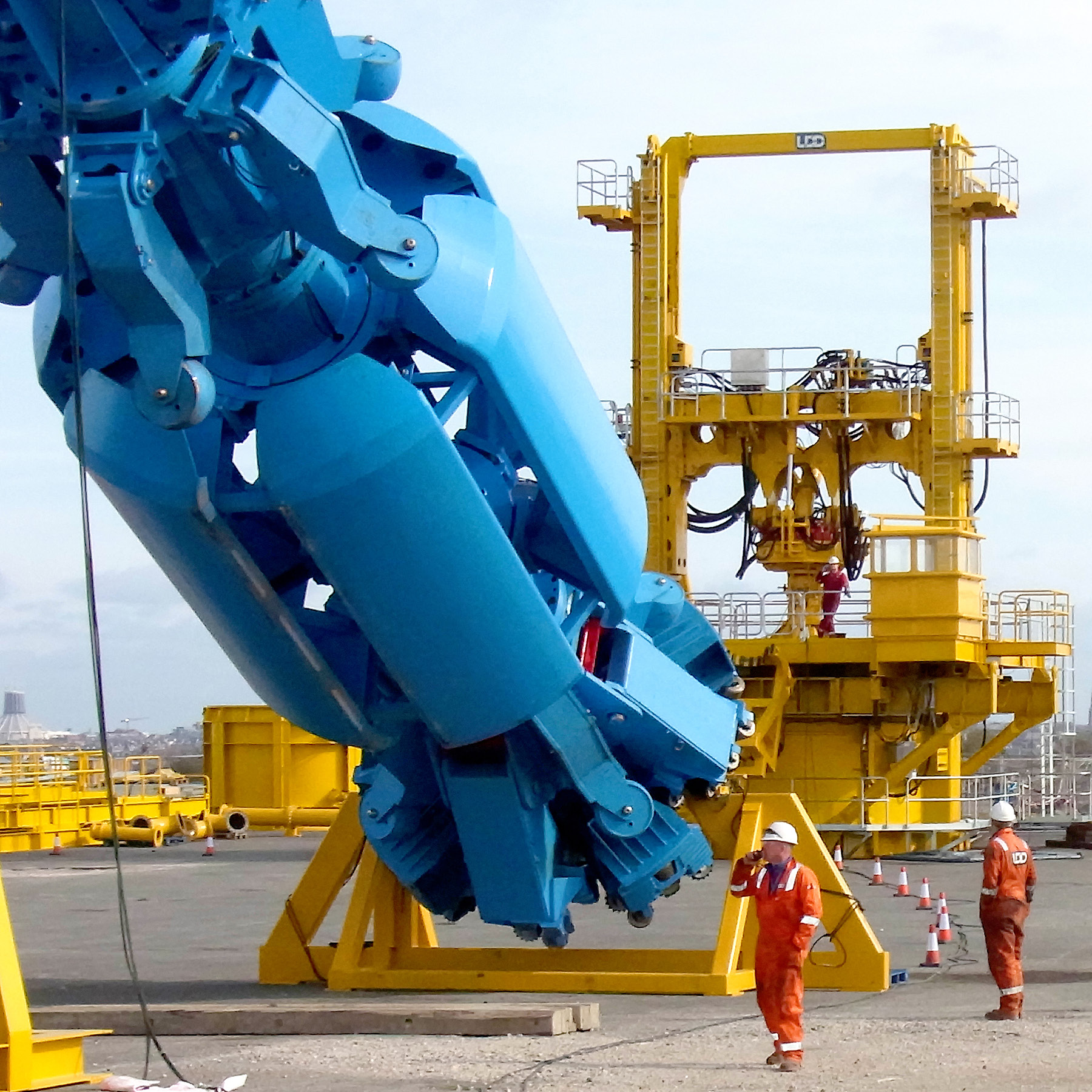
“The fewer people we have in that environment, the less risky the operation becomes.”
With decades of experience in the oil and gas sector, Acteon has been working in renewables since the late 1990s and can tailor its services to both the renewables industry and oil and gas firms. Finding staff with the right expertise who can adapt to the different tasks required takes time, especially as much of the workforce is now remote.
In 2021, Bruggaier and his team increased the workforce by almost a third. While these employees are skilled, conveying the company culture to them in a remote environment is something he says has proven very difficult.
“We’re trying to bring people back into the office, specifically in operations teams, finance teams and engineering teams, because they benefit so much from working together in the same environment.”
Safety First
In the offshore environment, safety is paramount. From inclement weather to physical hazards, workers face countless risks in the field, with help often taking a long time to arrive when problems arise. As a company and as an industry, there is an active drive to reduce the number of people offshore.
“The fewer people we have in that environment, the less risky the operation becomes. This means remote operation or autonomous operation will become even more important trends as we move forward,” Bruggaier notes.
Sustainable Priorities
As a services company, Acteon doesn’t contribute directly to fossil fuel pollution in the way that oil and gas companies do. Yet the business is still finding ways to further support sustainable practices by working with clients to reduce their carbon footprint.
“We’re providing methods to our clients on how to reduce their fuel consumption, mostly for station keeping, but also for generating electricity for cooling, because processes offshore produce a lot of heat and that needs to be cooled,” Bruggaier explains.
Recognizing the growing importance of machines in the sector, Acteon is developing intelligent machines that will be fully capable of directly completing jobs. While people will be on-site to supervise and repair the machine if something goes wrong, they will inherently be safer from risks.
Thanks to the wealth of data and experience Acteon has built up over decades, the company has been able to create powerful machine learning algorithms to develop advanced machines. The early outcomes, Bruggaier says, are very promising.
“We will probably achieve at least the same quality from the intelligent machine as a really good machine operator with 30 years’ experience,” he says. “I’m pretty sure, in fact, we’ll be able to go beyond that.”
Smooth Sailing
Key to business success has been building strong partnerships, but creating them is also far from an overnight process. For Bruggaier, personal connections are essential for maintaining business relationships, with Acteon focusing on having clearly defined points of contact.
“It’s all about local teams and building relationships on the ground with partners we’re working with, typically governments, authorities, regulators and suppliers. Those relationships are driven by people and that’s what we do best,” he adds.
Counting more than 9,000 suppliers, Acteon has a very diversified supply base, including several key suppliers that provide unique products that would be difficult to source elsewhere.
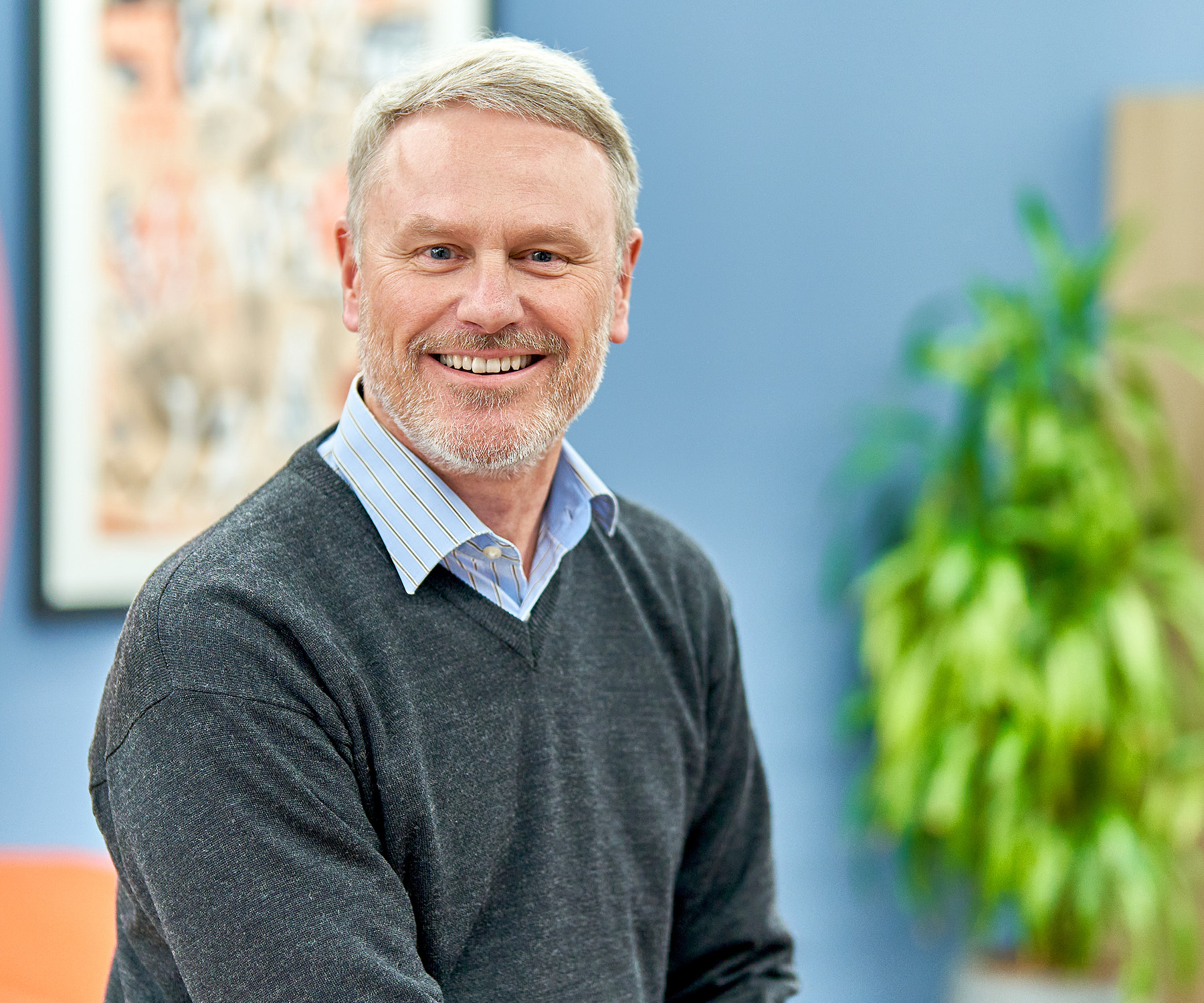
“It’s all about local teams and building relationships on the ground with partners we’re working with, typically governments, authorities, regulators and suppliers.”
Operating in offshore locations in remote environments also means that last-minute supply issues can quickly become major challenges, making local supply chains highly important to reduce disruption.
Acteon has worked closely with the Montrose Port Authority, the support and service hub for the North Sea energy and shipping industries, to ensure operations are as smooth and frictionless as possible, even during challenging circumstances.
“Let’s say you have a failure of an oil rig, a small gasket, you want to have a supplier next to that location onshore. You don’t want to fly that from the United States or Europe. You want to have the ability to source that locally and that’s important to us,” Bruggaier says.
Despite the demanding conditions of the offshore industry, the people-first approach followed by Acteon helps not only attract the best-qualified staff, but also ensures they stay in the field for the long-term.

